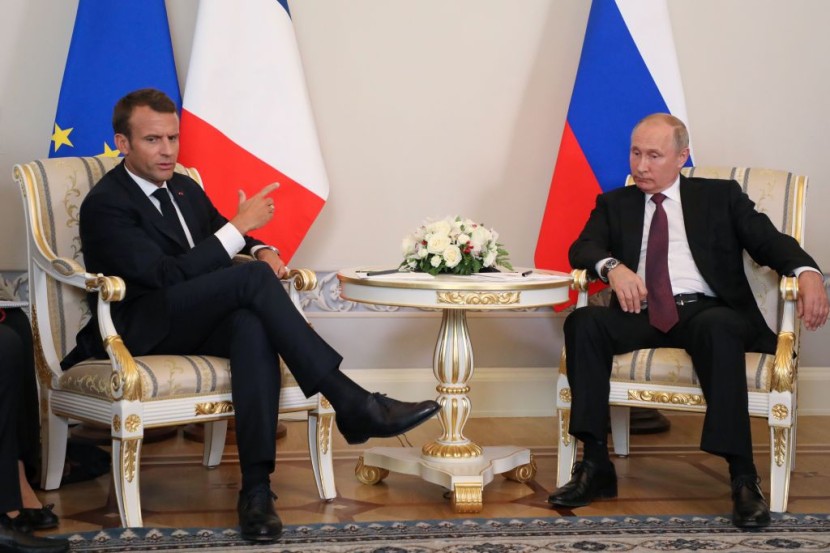
Moscow-installed leaders in four occupied regions of Ukraine intend to organize referendums on reunification with Russia in the coming days, posing a challenge to the West and drawing condemnation from Ukraine and its allies.
According to US National Security Advisor Jake Sullivan, Washington categorically rejects any such referendums, and both the European Union and Canada have denounced the proposal.
Russia to Hld Referendum in Luhansk, Donetsk
Josep Borrell, the head of the EU's foreign policy, warned that if the referendums went forward, the EU and its member states would not recognize the results and would instead consider taking more sanctions against Russia. Both Lithuanian President Gitanas Nauseda and French President Emmanuel Macron described the planned ballots as "parodies."
Pro-Russian figures declared referendums for September 23-27 in the provinces of Luhansk, Donetsk, Kherson, and Zaporizhzhia, which together make up around 15% of Ukrainian land and are about the size of Hungary. Luhansk and Donetsk, which together make up the Donbas territory Moscow partially controlled in 2014, are already regarded as autonomous entities in Russia.
All of Ukraine's territory seized by Russian forces is seen as unlawfully captured by both Ukraine and the West, as per Reuters. The result of this week's referendums would essentially enlarge Russia's borders in the view of the Kremlin by declaring the Ukrainian area to be its own.
The declaration was made a day after Dmitry Medvedev, a former Russian president and current deputy chairman of Russia's Security Council, warned that such a vote would make the regions an irreversible addition to the nation and give Moscow carte blanche to protect them with any means necessary.
The referenda proposals are an insult to the international system's guiding values of sovereignty and territorial integrity, accroding to Sullivan. The Russian rhetoric raises the possibility that Kremlin is attempting to disprove the claim that the conflict in Ukraine is a small-scale "special military operation" and preparing the country for a possible expansion of the conflict, New York Post reported.
Ukraine, Allies Denounce Russian Referendum Plans
A obvious indication that Kremlin was considering a widespread mobilization of its forces was the speed with which Russia's parliament rushed through a bill providing harsher consequences for desertion, refusing to combat, and violating instructions in times of martial law.
By doing this, Moscow would be able to significantly increase conscription and place production on a wartime basis. The changes came after a significant and effective counteroffensive by the Ukrainians to recover territory. Vladimir Putin has also grown more and more isolated as a result of the conflict-related meetings with China, India, and Turkey.
The referendums were rejected by Ukraine as an effort by Moscow to retake the initiative following devastating war defeats. The president, Volodymyr Zelensky, declared: "The occupiers are clearly in a panic." According to Kremlin estimates, if Nato refused to recognize Russian territorial gains, the likelihood that Russia would seize further territory would increase.
Dmitry Medvedev, the vice chairman of the Russian security council, said: "Entry onto Russian territory is a crime that empowers you to use whatever methods are necessary for self-defense, as per The Telegraph via MSN.
Related Article: Russia-Ukraine War: US Could Now Give Tanks to Ukrainian Troops as Air Defense Remains Strong
@YouTube
© 2025 HNGN, All rights reserved. Do not reproduce without permission.








